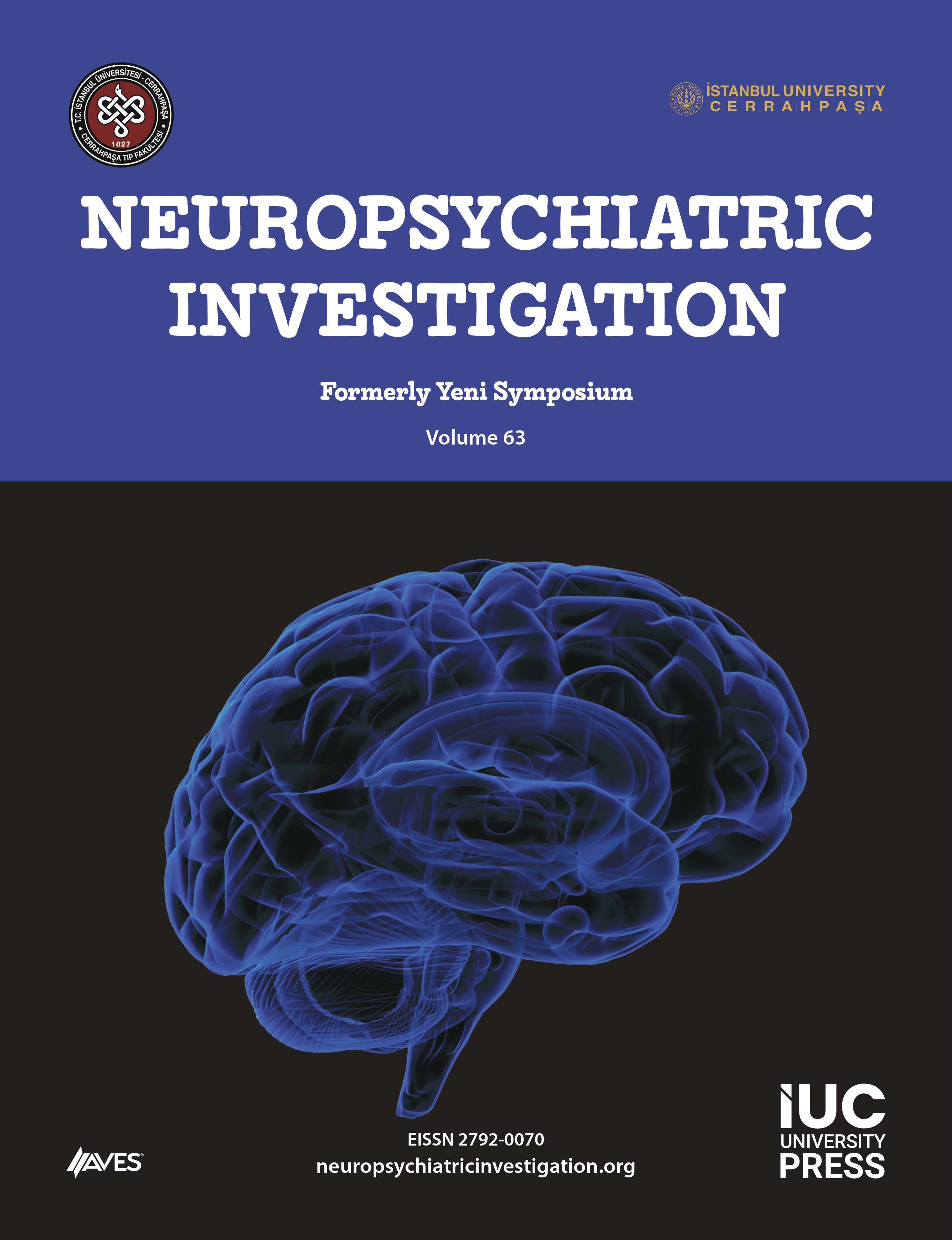Objective: This study investigates coronavirus disease 2019 (COVID-19) vaccination status in adolescents diagnosed with epilepsy, focusing on its relationship with psychiatric comorbidities.
Methods: Between December 2020 and June 2023, 214 adolescents aged 12-18 with epilepsy were enrolled in 2 pediatric neurology clinics. Data were collected from legal guardians and patient records.
Results: Among the 214 patients, 112 (52.3%) were male, and 170 (79.4%) attended formal education. Mental illness was present in 108 patients (50.5%), with 73 (34.1%) having autism spectrum disorder or intellectual disability (ID). Eighty patients (37.4%) received the COVID-19 vaccine, predominantly mRNA vaccines (85%). Vaccinated individuals were older, had more siblings, had higher maternal education levels, and had lower rates of treatment-resistant epilepsy (P < .05 for each). There was no significant association found between the presence and number of comorbid mental health diagnoses and COVID-19 vaccination status in adolescents with epilepsy. Family preference was the main reason for vaccination (68.4%), while concerns about epilepsy worsening were the primary reason for non-vaccination.
Conclusion: Factors associated with COVID-19 vaccination in adolescents with epilepsy include age, number of siblings, maternal education level, history of COVID-19 in the patient, vaccination among family members, perceived vaccine efficacy, duration of protection of the vaccine, and healthcare professionals’ opinions. Importantly, no significant association was observed between the presence and number of comorbid mental health diagnoses and COVID-19 vaccination status, underscoring that mental health conditions in this population are not barriers to vaccination. Parents have concerns about vaccine safety and the exacerbation of epilepsy, necessitating the dissemination of accurate information by healthcare professionals, especially targeting parents with lower education levels, unvaccinated parents without prior COVID-19 infection, and adolescents.
Cite this article as: Mutlu C, Taspolat ER, Kırışman-Keleş H, Yapıcı Z, Topaloğlu P, Bodur M. Factors associated with COVID19 vaccination status in adolescents diagnosed with epilepsy. Neuropsychiatr Invest. 2025; 63, 0053, doi: 10.5152/ NeuropsychiatricInvest.2025.24053.




.png)